Robert Todd Lincoln, son of the president, visited Manchester, Vermont, with his mother while he was a student at Harvard. Forty years later, as president of the Pullman Company – at the time America’s largest manufacturing corporation – he returned to Manchester to visit a business partner and found the property where he would build Hildene.
It’s easy to see why Lincoln chose the spot, on a high terrace overlooking the wide, flat Battenkill Valley with a view across to a line of mountains. Here he built a Georgian Revival home as a country retreat for his family.
Hildene remained in the Lincoln family until 1975, and after a brief interval was purchased by the Friends of Hildene in 1978. Because it remained in the family, much of the original furnishings had been preserved, and work began on restoring the mansion, and 14 historic buildings on the 412-acre estate, as well as the gardens.
The beautiful home visitors see today contains original furnishings from Mrs. Lincoln’s family and those added by succeeding generations, in the way any family home evolves. The showpiece of the house is the dining room, elegantly furnished in Queen Anne style. A magnificent thousand-pipe 1908 Aeolian organ is in working condition, and visitors are often entertained by brief concerts.
Personal belongings of President Lincoln, including his famous stovepipe hat, are displayed along with those of his son, and an exhibit features his two inaugural addresses, with thought-provoking commentary and questions for visitors to ponder.
From the upstairs windows, there is a view down onto the formal garden, laid out in a design inspired by stained-glass windows of cathedrals that Robert’s daughter Jesse has seen in Europe. She was responsible for planning the garden for her mother, and she envisioned the bursts of colorful perennials and annuals as the stained glass, defined by the lines of privet hedge.
Although lovely throughout the seasons (even in winter when the pattern of privet hedges stands out in contract to the snow), the highlight of the garden year at Hildene is in June, when more than 1000 peonies burst into bloom. Correspondence in Hildene’s archives shows that the peony roots were sent from Paris in 1905, making them centennial cultivars. The American Peony Society has designated two of Hildene’s peonies as previously unidentified cultivars, naming them “Hildene” and “Jessie Lincoln”.
Gardens and stewardship of the land has always been a primary concern at Hildene. Robert was a gentleman farmer, with a dairy herd that produced milk and butter, and chickens for the family’s eggs. He took an active interest in the formal gardens, and in establishing the cutting and kitchen gardens, which are in a sheltered spot on the terraced hillside behind the carriage barn. In Lincoln’s time the Kitchen Garden grew vegetables, fruits and berries for the family’s use; today garden volunteers grow hundreds of pounds of vegetables for the local food cupboard each year.
The nearby Cutting Garden once again provides the blooms for floral arrangements inside the mansion. The Butterfly Garden attracts various species of butterfly and caterpillar with both food and host plants, such as milkweed, mallow and dill. More plants attractive to butterflies and pollinators grow in the Apple Tree Allee, a wildflower meadow filled with Echinacea, lupine, goldenrod and other native flowers.
The Butterfly Garden is central to the Mighty Monarchs K-3 school program in the fall and to the Bug Bonanza summer camp session; other children’s programs revolve around various features in the Hildene estate.
School programs incorporate experiences with nature and agriculture across the entire property, which includes wetlands, ponds, forests, meadows and streams, encouraging students to learn by hands-on activities, observation and asking questions. They prepare gardens for planting, take part in the harvest, interact with animals and help with their care in programs that examine honeybees, wild turkeys, goats, pond creatures, and wild plants.
Summer Day Camps are filled with more explorations and discoveries, with week-long sessions that include hands-on activities learning-based games, and relevant crafts. These cover such subjects as wild plants for food and crafts and what lives in the water. Camps are age-based, and for grades 7 and 8 Hildene offers the Youth Corps. This summer’s project will be building boardwalks to elevate a low-lying trail.
The Farm Camp takes children into the gardens and greenhouse, where they learn to grow microgreens, and into the barns to care for sheep, pigs and chickens. The week ends with a farm-to-table dinner and includes experiences at one of Hildene’s more recent ventures, the Goat Dairy, where they learn about cheese making.
The Goat Dairy is a demonstration of what can be done on a small plot of land, in this case a 10-acre former hay field. It is an example of Vermont’s new model of small-scale farming for niche markets. With a small herd of goats, the farm produces two highly lauded cheeses that are sold in the gift shop.
In line with Hilden’s sustainability mission, the post-and-beam goat barn was built entirely from wood harvested on the estate and milled on-site in their sawmill. The 109 solar panels on the south-facing roof, reduce the farm’s carbon footprint.
In the late 19th and early 20th century, Manchester was a favorite summer retreat for Lincoln’s counterparts in the world of high finance and industry. These elite visitors arrived by train, most in lavishly appointed Pullman cars manufactured by Lincoln’ own company. In 2011, the 1903 Pullman Car, Sunbeam, arrived at Hildene, to fill in another part of Robert Todd Lincoln’s story.
It’s not just the beautifully restored car with its polished wood panels and gleaming brass fittings that visitors see. Alongside the platform where the car rests is a wall of photographs, newspaper articles, political cartoons and information panels forming an immersive exhibit about the Black porters employed by the company to wait on the passengers.
Called “Many Voices” the exhibit tells their story – and Pullman’s – through a variety of perspectives and voices. The exhibit is designed to provoke thought and prompt discussion, in line with Hilden’s mission to promote civil discourse. The “voices” include the Pullman Company, the Black Pullman porters, the elite passengers, and the public.
At a time when few companies would hire Black men, the Pullman Palace Car Company (the name at the time) hired them as porters and became the country’s largest employer of Black men, many of whom recently had been freed from slavery after the Civil War. The long hours they worked, their low pay, their efforts to unionize, and their role as the founders of the Black working class are explored.
Their negotiations and final agreement with Pullman in 1937, which gained them wage increases, overtime and shorter working hours, is considered the beginning of the Civil Rights Movement. The exhibit draws no conclusions and no parallels; at the end is a large blackboard, where visitors are invited to comment or to reply to other comments on these social issues in Lincoln’s time and ours.
Through its stewardship of historic home, the land, and the exhibits, Hildene fulfills its missions of land conservation, historic preservation, sustainability, and encouraging civil civic discourse.
Side Dish
The summer estate of Robert Lincoln’s friend and partner, Edward Isham, where he was visiting when he first admired the Hildene property, is now The Inn at Ormsby Hill, a luxury Bed & Breakfast. One of the beautifully decorated guest rooms was his library.
Dine overlooking a cascading brook in the cozy dining room of Mistral’s at Toll Gate, where French cuisine is skillfully matched with fresh local ingredients. Begin with real French onion soup or the house-made pate.
While visiting Manchester, stop at the Northshire Bookstore for the state’s best selection of new and used books. This indy bookstore and community gathering place is known for its friendly atmosphere, frequent author events, and a whole floor of children’s books. It even has comfortable places to curl up and sample a few pages before you buy.
Hildene
1005 Hildene Road
Manchester, Vermont 05254
phone: 800·578·1788
Written By Barbara Radcliffe Rogers and Photographed by Stillman Rogers

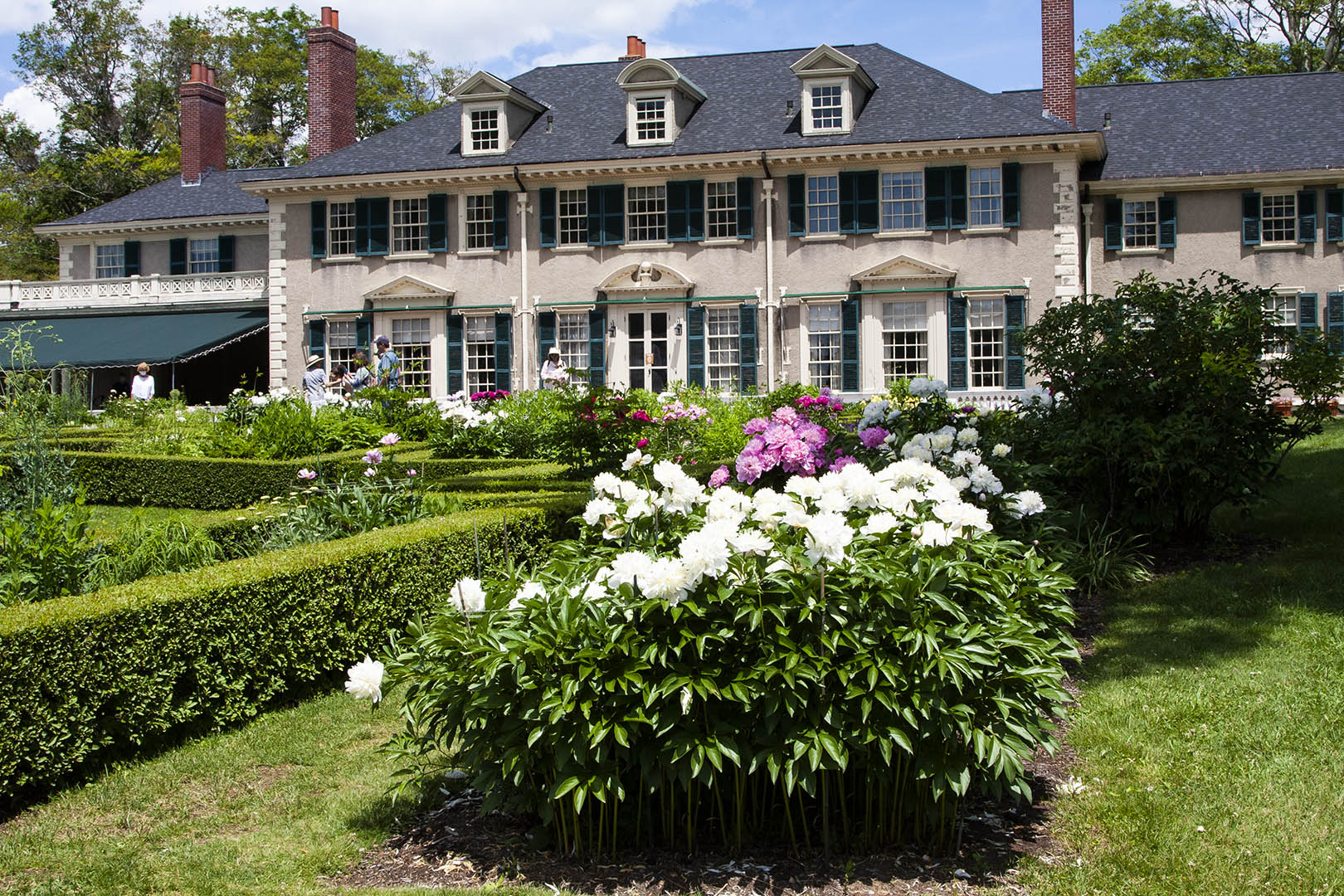
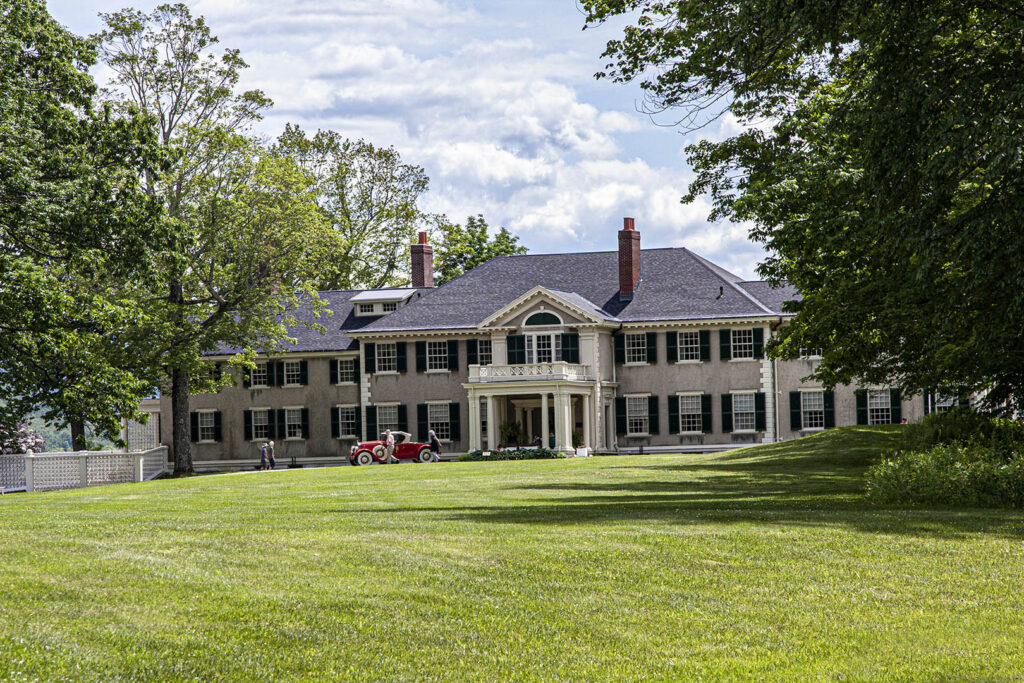
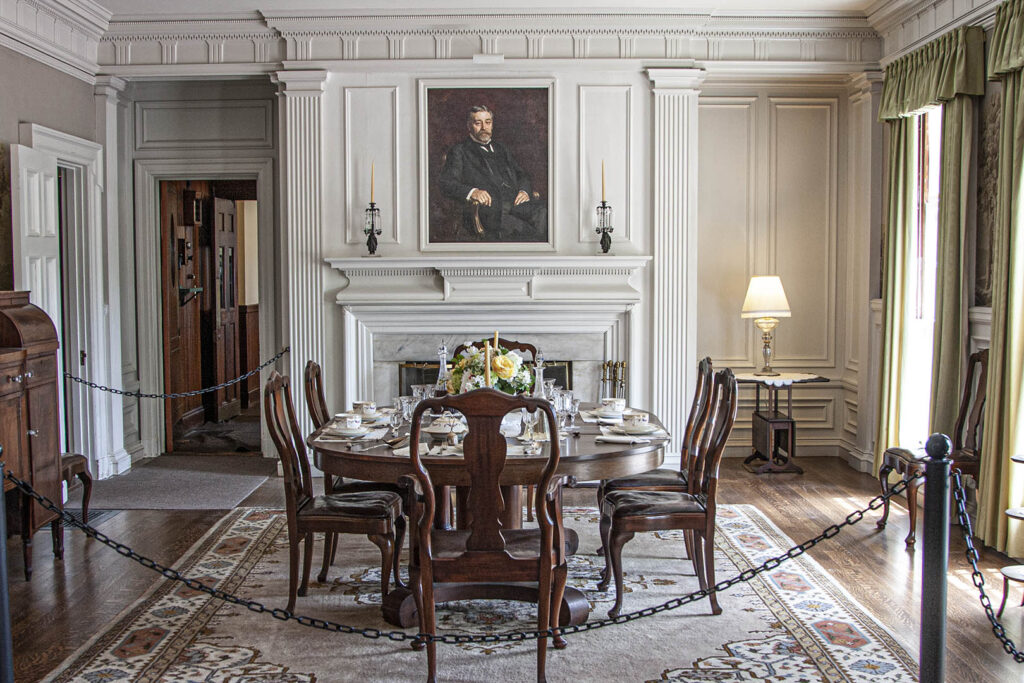
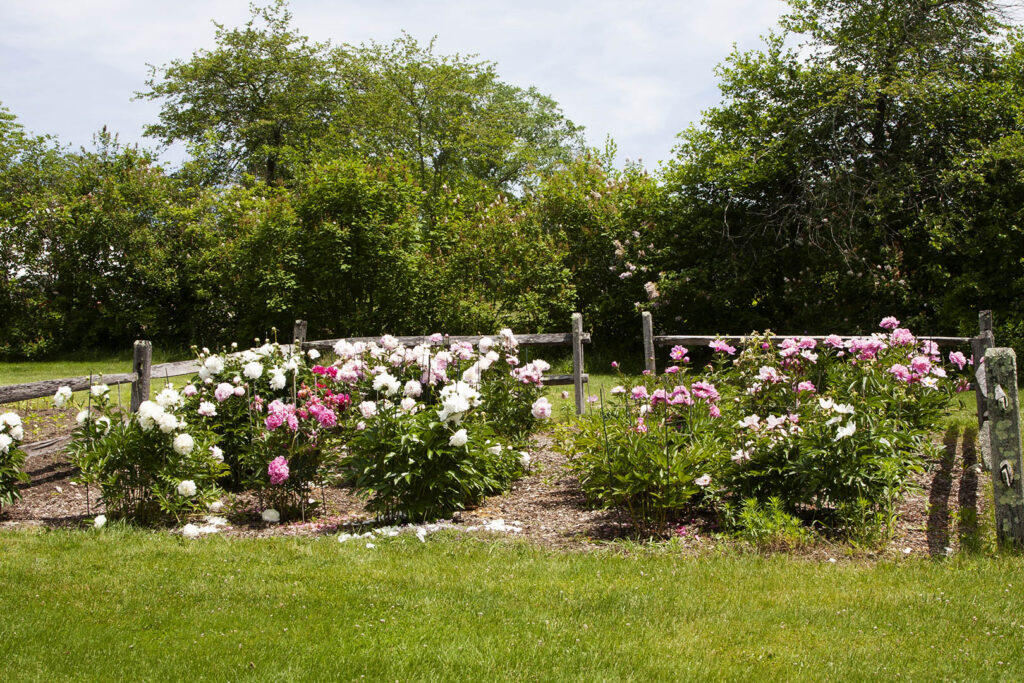

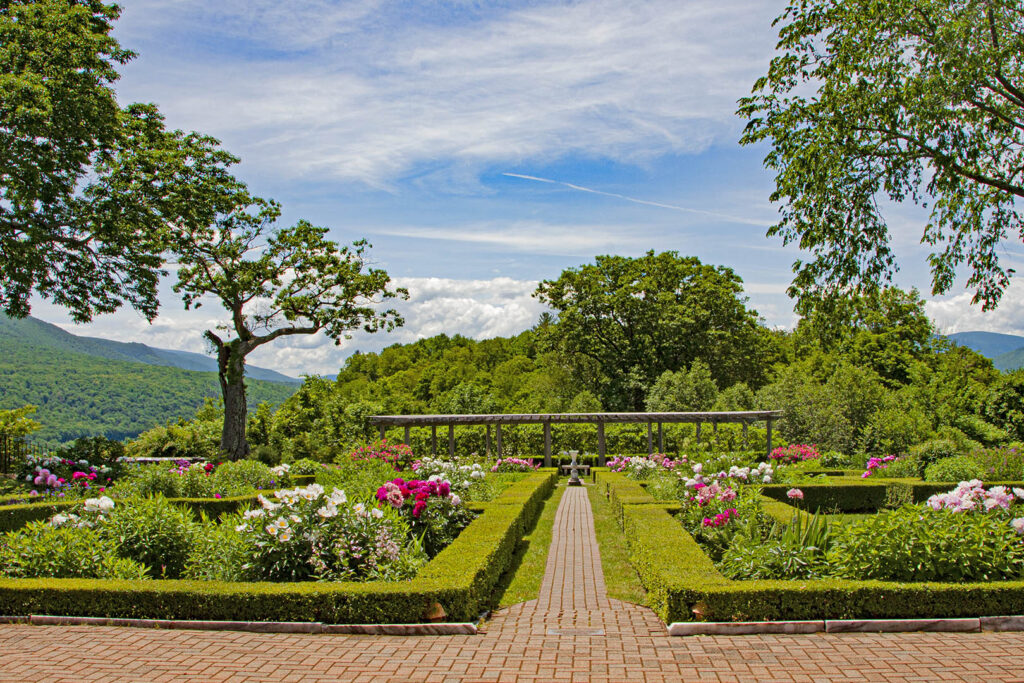

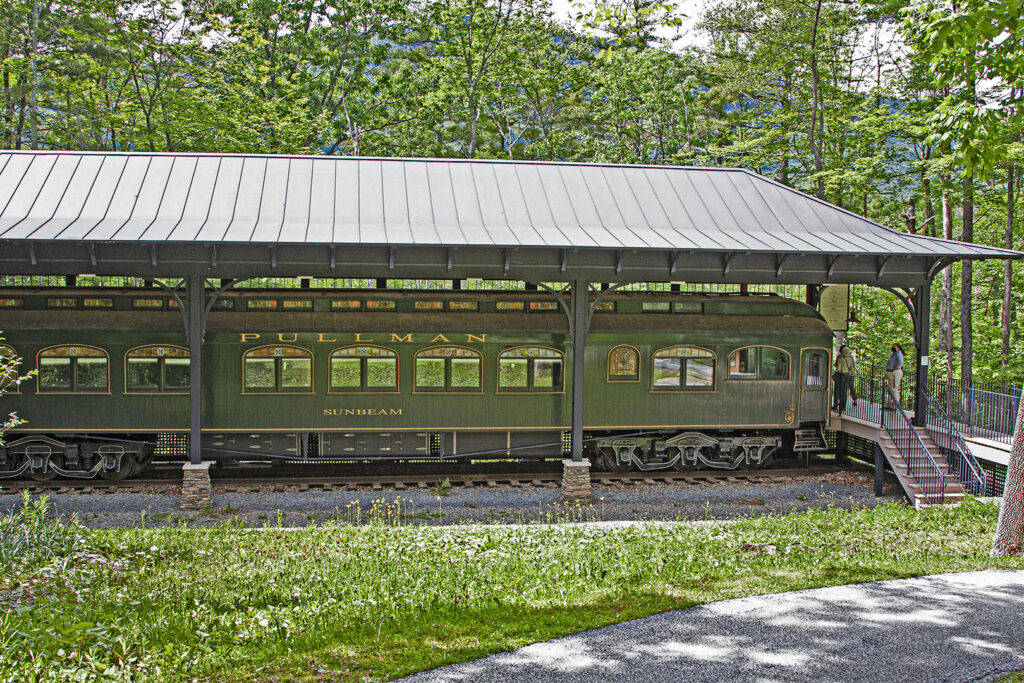
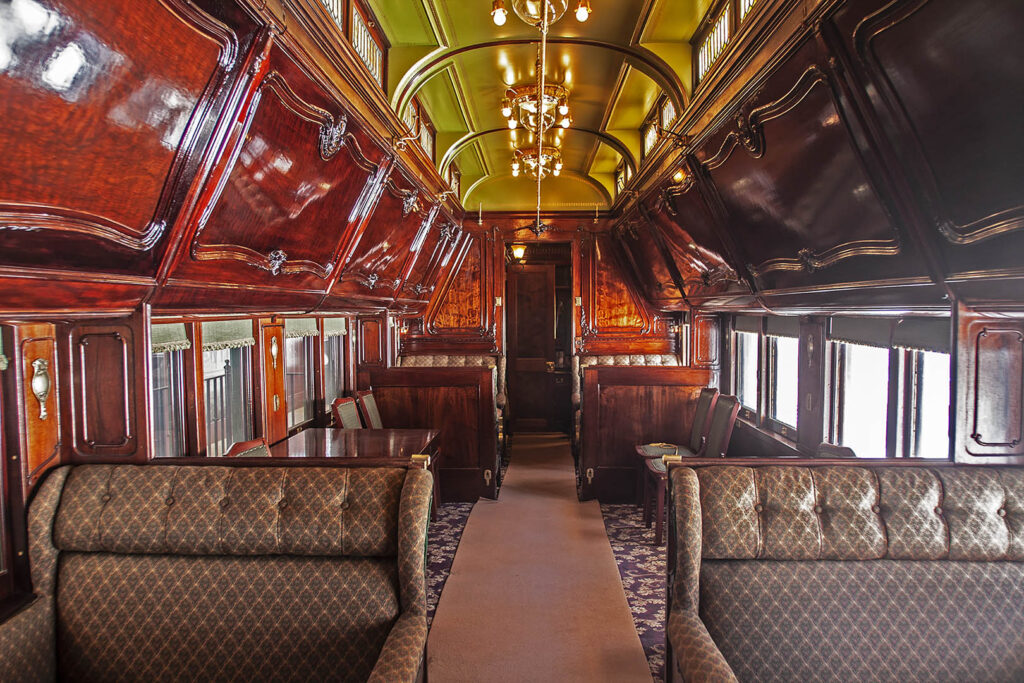
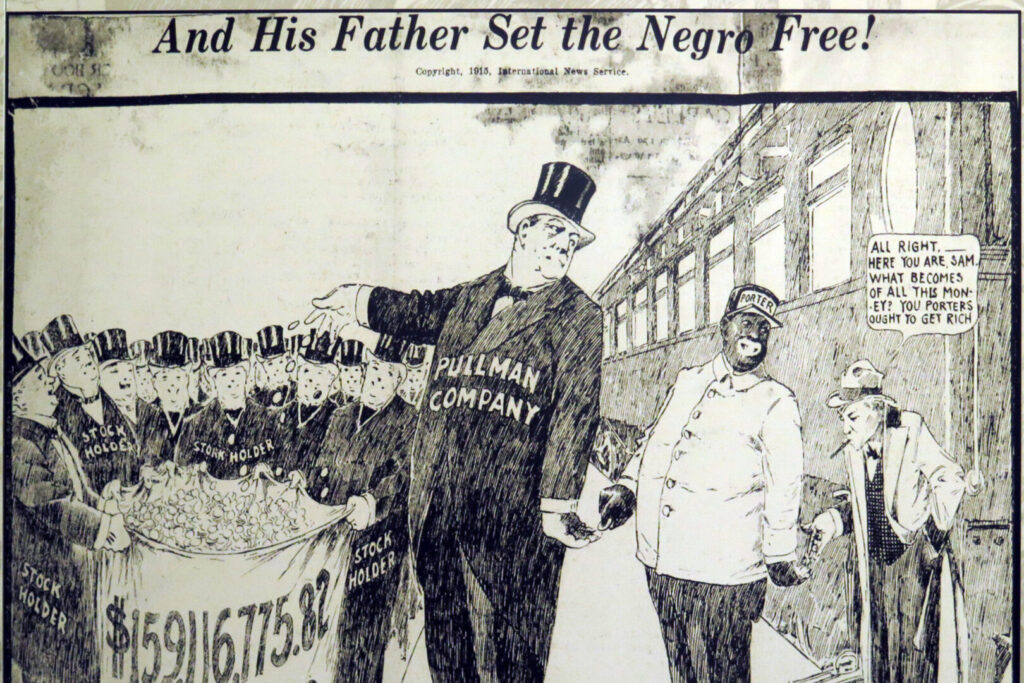
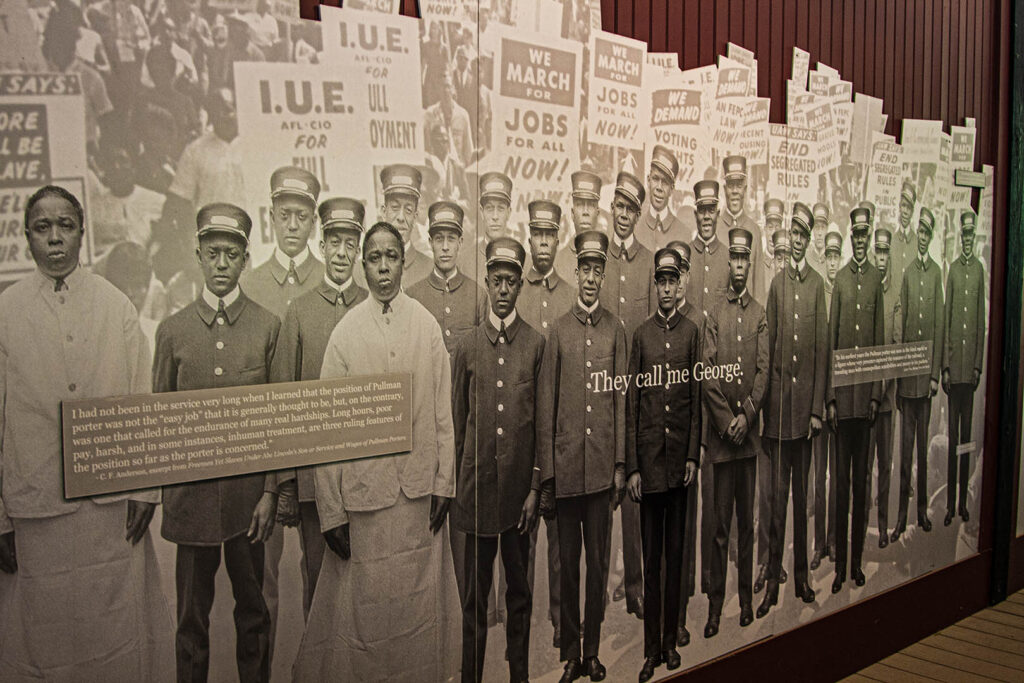
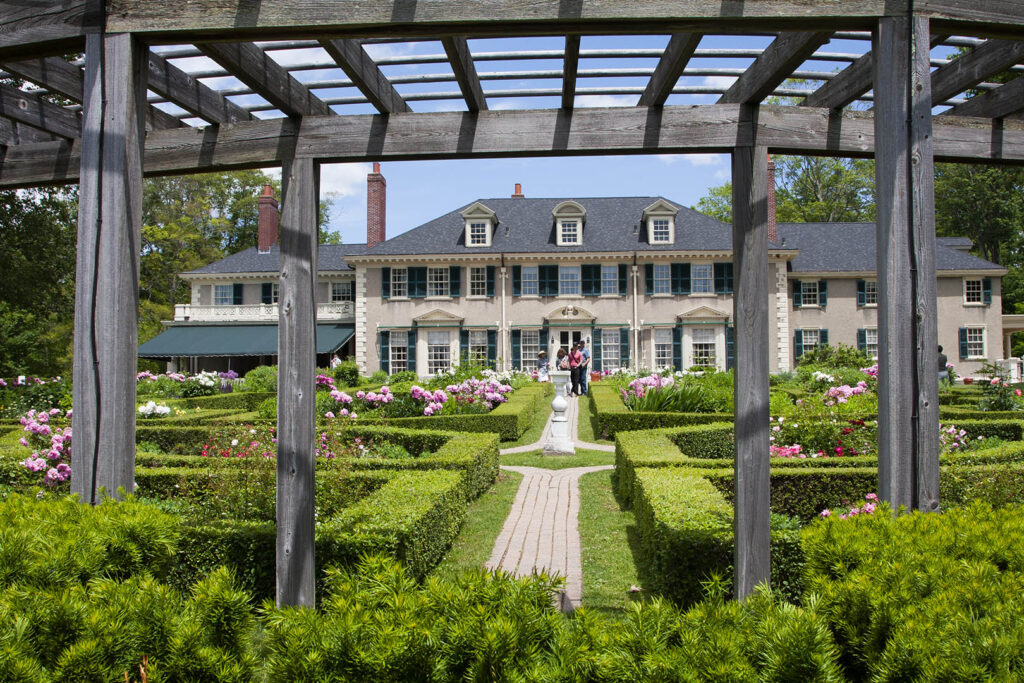
Your explanations help us understand our visit to Hildene in October 2022.
It is well preserved and a place to have on everyones bucket list. Don’t miss out on this treasure.